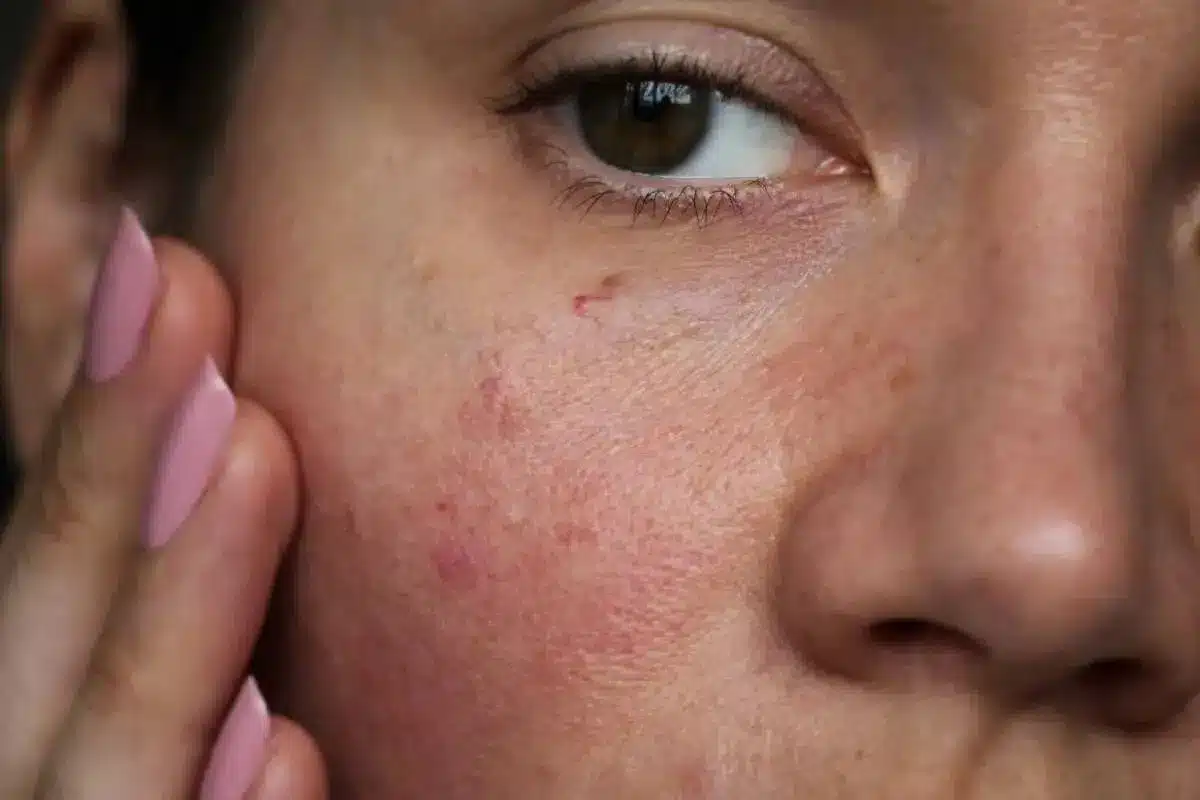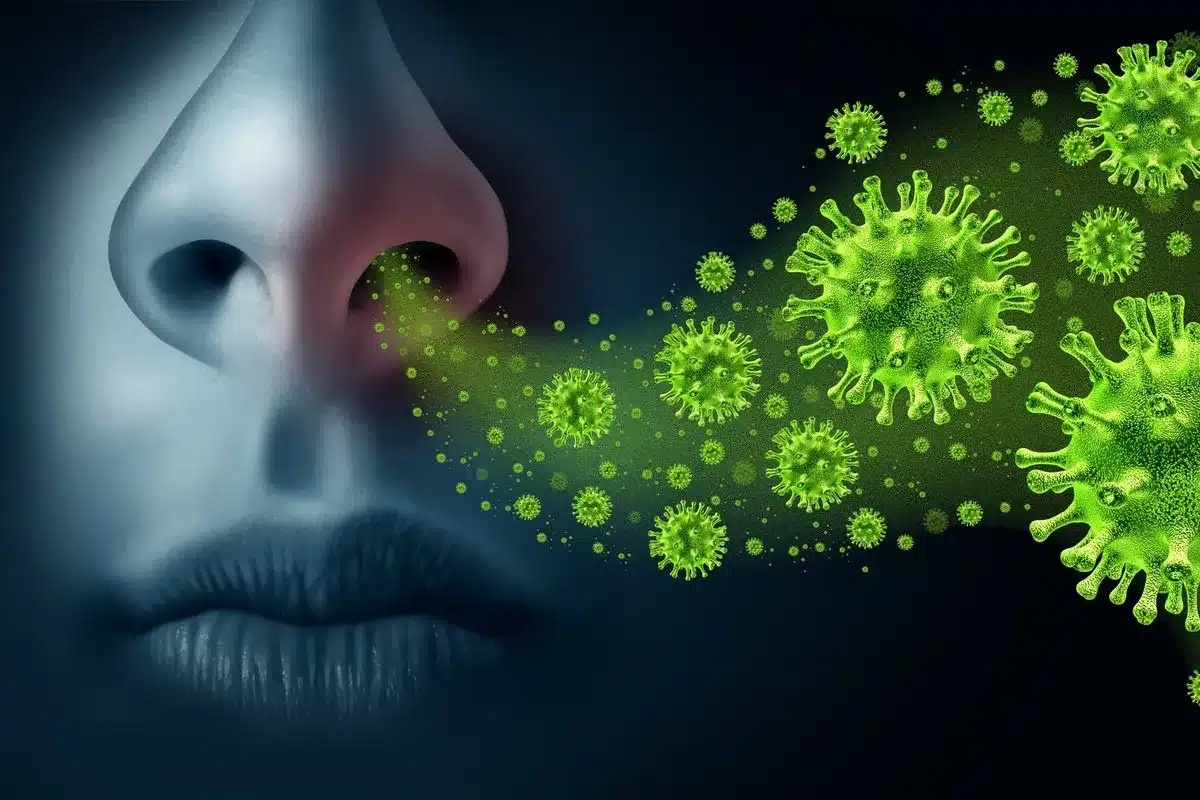What Are IVF Shots and Why They Matter
IVF shots are hormone injections that stimulate the ovaries to produce multiple eggs, which is essential for increasing the chances of successful fertilization during in vitro fertilization.
What Are IVF Shots and Why Are They Necessary?
In vitro fertilization (IVF) offers a life-changing opportunity for couples struggling with infertility to achieve parenthood. A central part of this journey is the use of IVF shots, specially formulated hormonal injections that prepare your body for egg retrieval and successful fertilization.
The Role of Hormones in IVF Injections
IVF shots contain synthetic IVF hormones that mimic the body’s natural reproductive signals. Their purpose is to stimulate the development of multiple follicles in the ovaries, control the timing of ovulation, and support the successful collection of mature eggs.
Goals of Ovarian Stimulation via IVF Shots
Ovarian stimulation for IVF involves using fertility medications to promote the growth of multiple follicles in the ovaries, increasing the number of eggs available for retrieval and enhancing the chances of successful fertilization.
- Encourage the development of multiple eggs
- Prevent premature ovulation
- Optimize the timing for egg retrieval
-
Improve the likelihood of successful fertilization.
Types of Injections Used During an IVF Cycle
Various types of injections are given at specific stages of the IVF process, each serving a distinct purpose to optimize fertility outcomes.
Gonadotropins (FSH & LH): Stimulating Egg Growth
Gonadotropins used in IVF, such as FSH (follicle-stimulating hormone) and LH (luteinizing hormone), are typically the first injections you receive during your IVF cycle. These medications stimulate your ovaries to produce multiple eggs, which increases the chances of successful fertilization.
GnRH Agonists: Preventing Premature Ovulation
A GnRH agonist protocol may be used during IVF to prevent premature ovulation while the ovaries are being stimulated. These injections temporarily suppress your body’s natural hormone cycle, stopping eggs from being released too early. This allows your physician to control the timing of egg retrieval precisely.
GnRH Antagonists: Controlling Ovulation Timing
Administered later in the IVF cycle, GnRH antagonist medications act more quickly than agonists and help maintain precise control over ovulation, ensuring that follicles mature evenly.
The Trigger Shot (hCG or Lupron): Final Egg Maturation
Administered about 36 hours before egg retrieval, the IVF trigger shot stimulates the final maturation of eggs and ensures they are ready for collection.
The IVF Injection Process: What to Expect
Your Personalized IVF Stimulation Protocol
No two IVF cycles are the same. Your doctor will select the most appropriate IVF stimulation protocol for you, taking into account your age and ovarian reserve.
Timeline: When Do IVF Shots Start and End?
Most patients start their injections on Day 2 or 3 of their menstrual cycle and continue for about 8 to 14 days. Your doctor will give you a detailed treatment calendar.
How Are IVF Shots Administered?
-
Subcutaneous injections are administered just beneath the skin, most commonly in the abdomen or thigh area.
-
Intramuscular injections are administered deep into the muscle, usually in the upper buttock area.
Tips for Self-Administering IVF Injections
Administering IVF shots at the same time each day helps keep hormone levels steady and consistent.
- Rotate injection sites to prevent bruising
- Use ice to numb the area before injection
-
Store medications at the recommended temperature.
-
Wash your hands thoroughly and use alcohol swabs on the injection site to minimize the risk of infection.
Monitoring Your Response to IVF Shots
During the stimulation phase, you will have regular ultrasounds and blood tests to monitor follicle growth and hormone levels. Your treatment protocol may be adjusted according to how your body responds.
Managing Potential Side Effects of IVF Injections
Common Side Effects
- Mild bloating or cramping
-
Bruising or redness may occur at injection sites.
- Breast tenderness
-
Mood swings or increased irritability
Less Common Side Effects and When to Contact Liv Hospital
- Severe abdominal pain
- Shortness of breath
- Nausea and vomiting
These symptoms may indicate Ovarian Hyperstimulation Syndrome (OHSS) and require immediate medical attention.
Understanding Ovarian Hyperstimulation Syndrome (OHSS)
Ovarian Hyperstimulation Syndrome (OHSS) is a rare complication in which the ovaries become swollen and leak fluid into the abdomen. At Liv Hospital, patients are closely monitored to reduce this risk through individualized dosing and advanced treatment protocols.
Turkey: A Leading Destination for Advanced Fertility Treatments
Why International Patients Choose Turkey for IVF
With internationally accredited hospitals, advanced reproductive technologies, and compassionate care teams, Turkey has become one of the most sought-after destinations for fertility treatment.
Cost-Effectiveness and High Standards of Care
Compared to many Western countries, IVF in Turkey is more affordable while maintaining high standards of safety, advanced technology, and successful outcomes.
IVF Shots and Fertility Care at Liv Hospital
Expertise in Personalized IVF Protocols
Our IVF specialists tailor your treatment according to your medical history, hormone levels, and fertility goals, ensuring precision and safety at every step of the process.
State-of-the-Art Technology and Laboratories
We utilize cutting-edge laboratory processes for embryo culture, selection, and freezing to enhance pregnancy success rates.
Comprehensive Support for International Patients Undergoing IVF
From multilingual coordinators and travel-planning assistance to psychological counseling, we provide comprehensive, full-circle support for patients traveling from abroad.
Preparing for and Coping with IVF Injections
Organizing Your Medications and Supplies
Create a checklist of all your medications, syringes or needles, alcohol swabs, and specific storage instructions. Set up a clean, quiet space where you can comfortably and safely administer your injections.
Emotional Support During IVF Treatment
The injection phase can be both physically and emotionally challenging. Lean on your partner, support groups, or mental health professionals for assistance. Liv Hospital also offers counseling services to help you maintain resilience throughout your treatment.
Communicating with Your Care Team at Liv Hospital
Please feel free to reach out with any questions. Our care team is available 24/7 to ensure your IVF experience is clear, comfortable, and thoroughly supported.
* Liv Hospital Editorial Board has contributed to the publication of this content.
* The contents of this page are for informational purposes only. Please consult your doctor for diagnosis and treatment. This page does not include information on medical health care provided at Liv Hospital.
For more information about our academic and training initiatives, visit Liv Hospital Academy








